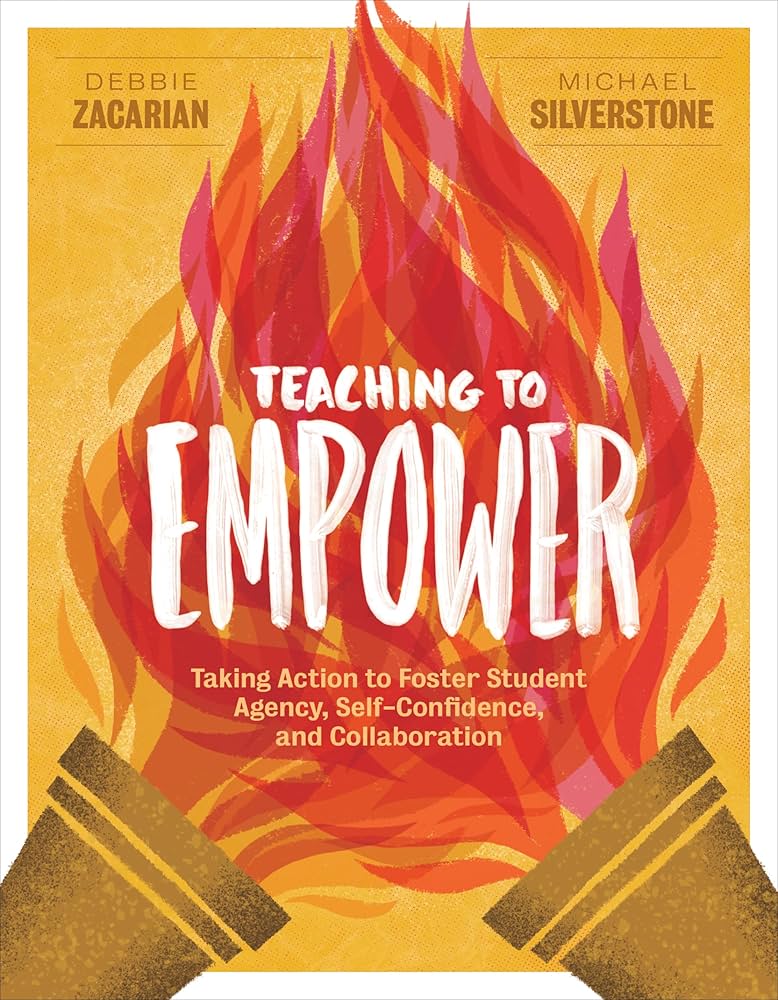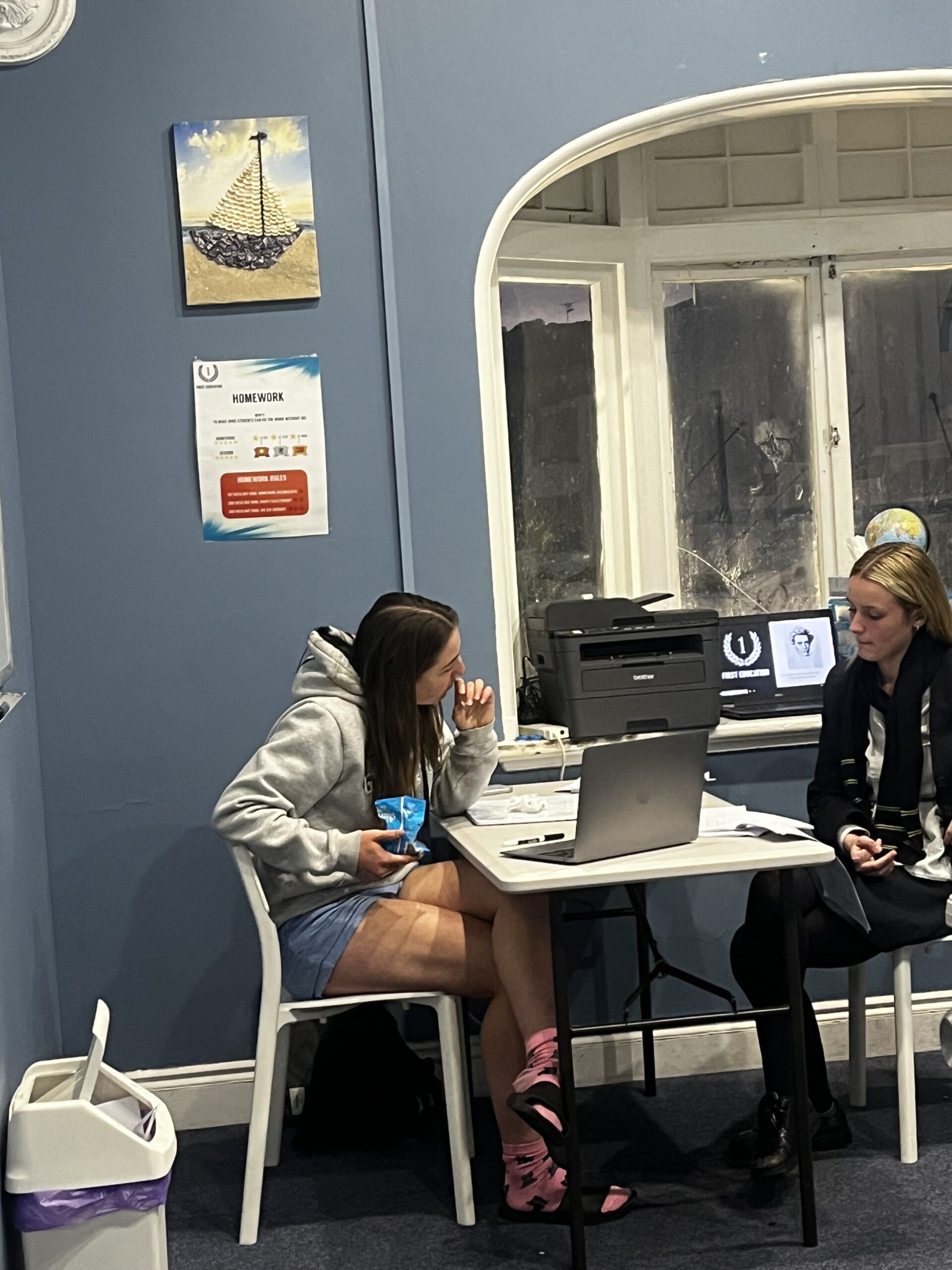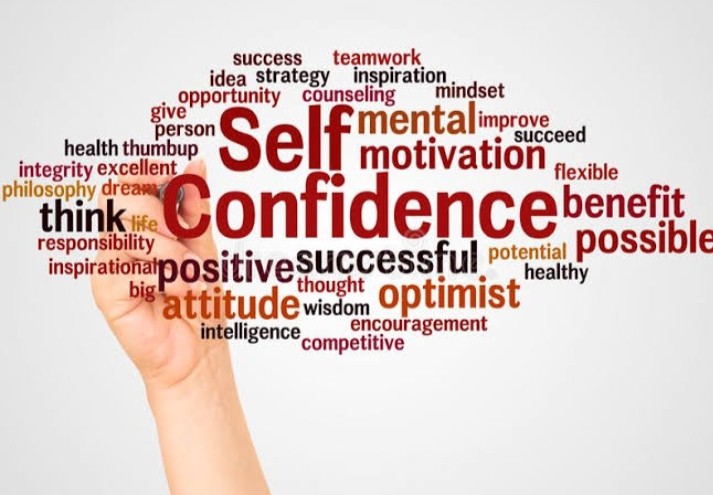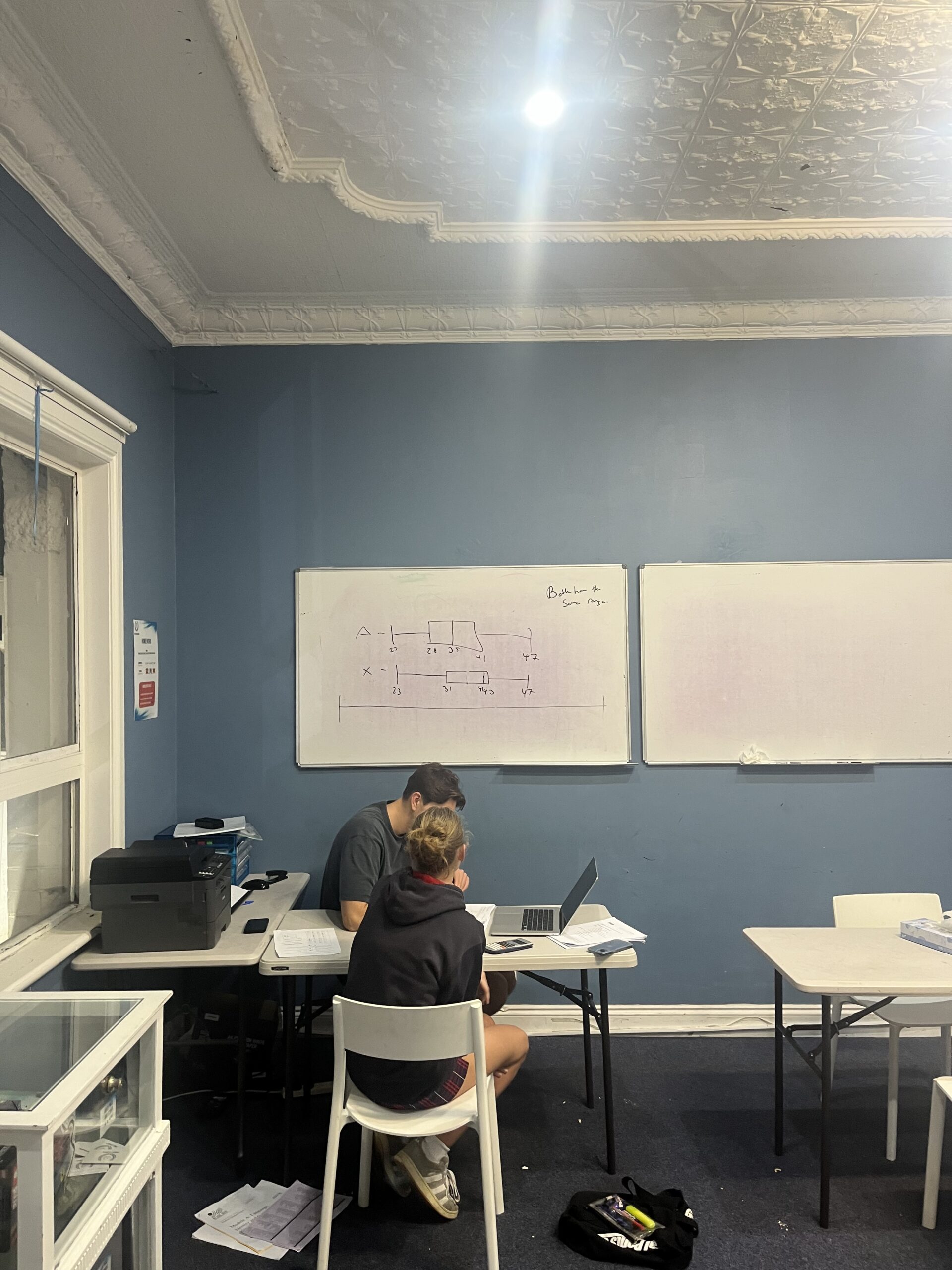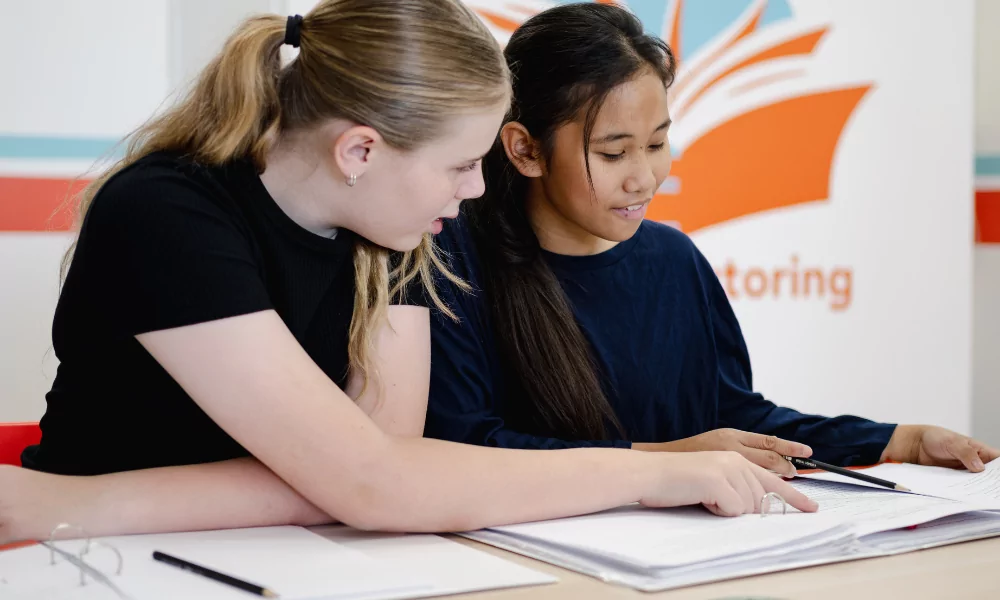
Sometimes, the reason why a student is struggling with a subject is because they truly do not find it interesting. As a tutor, it is easy to find topics we know a lot about interesting, however, many students do not know enough about a topic to find it interesting. In the past when I have identified that students do not find the topic in the slightest interesting, it has been my mission to make the student see the joy in the same way that I do.
My first step is normally to have a discussion with a student about themselves, what sports they are interested in, what movies they like, what jobs they think may be interesting and what they like to do with their spare time. This can help me to think of topics that relate to the subject I am trying to teach. For example, one of my students hated persuasive writing and never performed well in school in any kind of persuasive topic, but loved playing soccer. She then completely exceeded my expectations when I told her to write a persuasive essay on why her local soccer club should not be shut down. With a little bit of guidance and examples writing about other topics she was interested in, such as the environment and pollution, the student fully grasped persuasive techniques and was eventually able to write persuasive essays on topics she did not particularly care about.
This method is applicable from a small scale to large scale of lessons, whether it is just explaining why math’s is important for the future or making a student see how science is everywhere around them. Every student at all levels should have the opportunity to experience joy and curiosity from education just as much as the ones who are teaching them do.
Katie Waller


